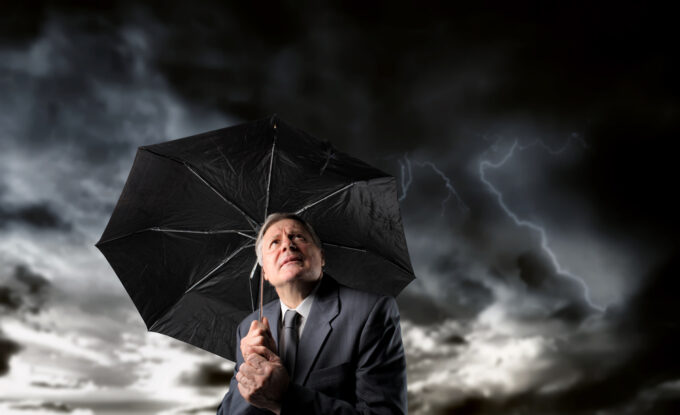Crises and scientific findings
According to the Swiss Science Council, science should be more involved in politics in times of crisis. A more regular exchange between organizations and authorities is called for.

In a current expert reportcommissioned by the Swiss Science Council SWR, case studies such as the financial crisis, the Fukushima accident and the Covid 19 pandemic are examined. Due to the versatility of possible crisis scenarios, the authors conclude that there is no typical advisory mechanism that is suitable for all types of crises. Rather, the instruments need to be improved or further developed. Politics and science, they argue, should rather know about each other and strengthen their different roles in times of crisis.
The role of science during times of crisis
Universities, for example, should be encouraged to see policy advice as part of their mission for the benefit of society. However, science should also be enabled to provide better advice to policymakers. More knowledge about threats and risks is to be generated in a short time, so that the findings can be systematically incorporated into policy-making. The role of science should therefore be demanded more strongly in politics, Sabine Süsstrunk, president of the Swiss Science Council SWR, was quoted as saying in a press release.
Extra-parliamentary commissions dealing with crises must be known and, if necessary, ensure appropriate professional cooperation. In the event of a crisis, they should also act in an advisory capacity on their own initiative. In addition, for complex situations with a special need for advice, a scientific task force is required to support the authorities. This task force should have an appropriately broad range of topics.
Source: Swiss Science Council/Editorial Office









